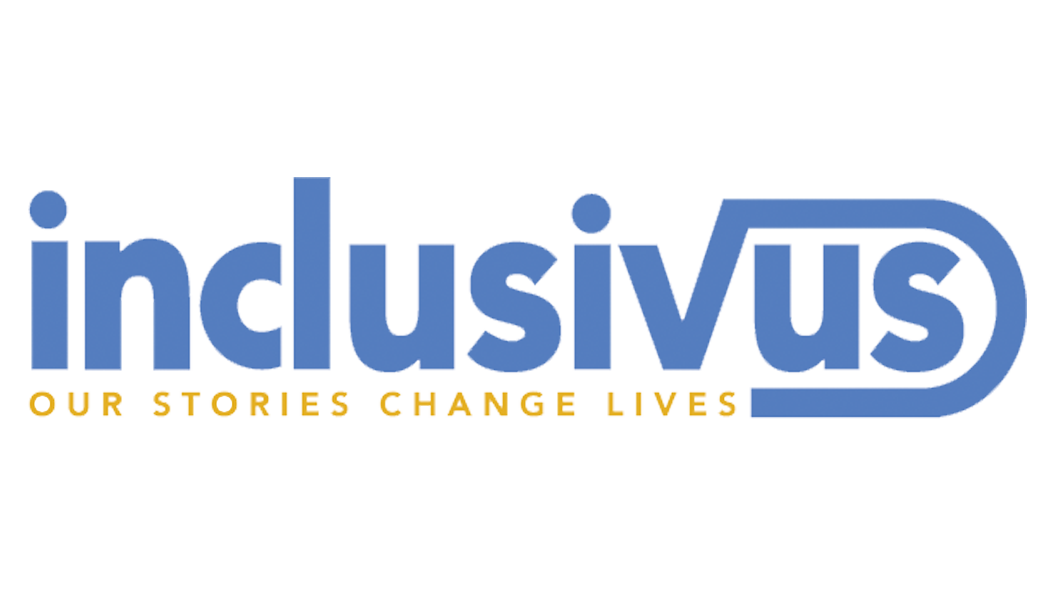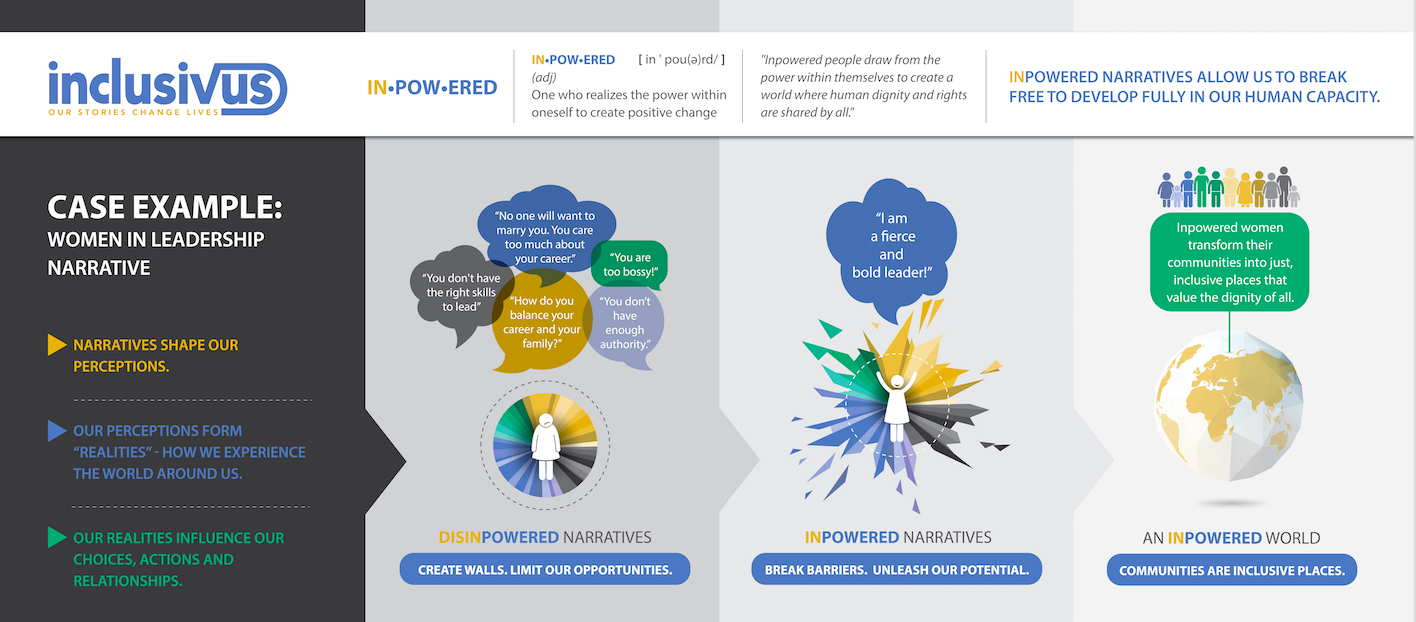By Judithe Registre, Founder and Podcast Host
Photo by Redd Angelo on Unsplash
There is nothing novel about the denigration of Haiti, El Salvador, and African countries. But understanding history and the denigration of immigrants is an important step in advancing the conversation to realize social change and progress. Whether it is a result of issues related to class, race, or religion, migration is the great promise that has built nations, advanced humanity, and transformed lives. These factors have historically been the bases of practically every immigrant group. The story is consistent across ethnicity and social statuses. Immigrants to the US—from Ireland, Italy, the UK, and beyond—all came to this country in search of religious freedom and economic opportunities, and to escape from political persecution. If we look at the history of the Irish, Italians, Germans, and others, they too were tormented, called absurd names, and treated with great hostility, all in efforts to deny them their humanity.
Yesterday it was them, today it is me, and if we don’t work to transform the social-political realities, tomorrow it might be you.
These are very dangerous times for non-white people. For those of us in immigrant and non-white communities, the fear is real, the anxiety is crippling. White people must be vigilant in upholding their values, and take note of the kind of world in which they are living and creating. The President has been consistent in his disdain for non-white people, whether they are immigrants or native-born Americans. These comments can be either a distraction from our problems or a reminder of the work to be done. As Masha Gessen noted in a recent article in the New Yorker, “with every passing day, and every tweet, the image of the immigrant as the enemy looms larger, while the circle of ‘us’ continues to get smaller.” Might we effectively use these moments to keep our focus on understanding the bigger policy strategies at work that impact us all?
It is increasingly clear that there is nowhere for any of us to hide from the current realities facing us. Yesterday it was them, today it is me, and if we don’t work to transform the social-political realities, tomorrow it might be you. What can you and I do? Here are three suggestions: 1) Engage in civic activities, especially elections; 2) Learn about our human history, your family's immigration history, and the varied realities of those countries and their historical link to the US—especially those of Haiti, El Salvador, and the African continent; and 3) Donate to organizations working in those countries. Here are some options: Fonkoze, Glasswing, The African Women Development Fund.
"The serious function of racism is distraction. It keeps you from doing your work. It keeps you explaining your reason for being. There will always be one more thing."
- Toni Morrison
As Toni Morrison reminds us in The Origins of Others, "The serious function of racism is distraction. It keeps you from doing your work. It keeps you explaining your reason for being. There will always be one more thing." While there is nothing special about the choice of words used to describe immigrants, the power to effectively create and implement policies to follow through and reinforce a narrative of immigrants as criminals and all things non-human to be extracted is the great historical danger that threatens all of us.






